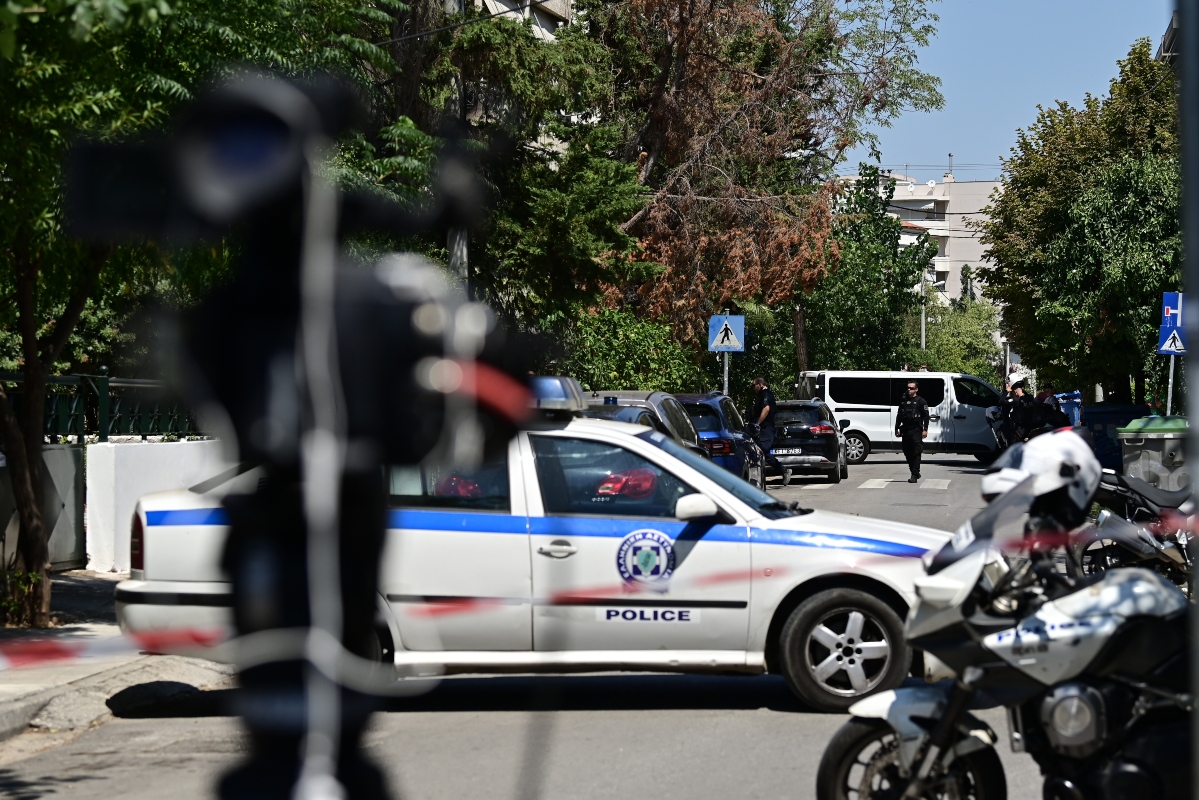Greek authorities have unraveled what they describe as a “labyrinthine and populous” criminal network that for years had entrenched itself in Crete. The syndicate’s activities stretched across drug trafficking, arms smuggling, clergy extortion, and sophisticated money-laundering operations, generating millions of euros in illicit profits before being dismantled by the Chania Security Directorate.
5,800 drug deals and over €1.1 million in profits
The police investigation revealed staggering numbers: at least 5,800 separate drug transactions, with estimated profits surpassing €1,177,720. This sprawling operation involved dozens of subgroups, each controlling “pockets” of territory and clientele.
Key arrests and the “operational phones”
The crackdown began in early 2025, with a string of targeted interventions leading to dozens of arrests. A decisive moment came on June 4, 2025, when a 42-year-old ringleader from Chania—whose family was deeply embedded in the network—was arrested. Police seized the so-called “operational phones”, through which drug logistics were coordinated. These devices proved crucial in mapping out the organization’s structure.
Weapons trafficking and hidden arsenals
The organization was equally invested in arms trafficking. Arrests included a 25-year-old who had hidden a Kalashnikov in a tree outside his home, alongside hundreds of rounds of ammunition. Another 29-year-old inmate, already notorious for cannabis cultivation, had transformed abandoned hotel rooms into drying facilities for cannabis plants.
Street-level drug markets
Police surveillance documented how drugs were distributed even in tourist-heavy areas. The Venetian Harbor of Chania, the Peace and Friendship Park, and the 1866 Square served as open-air drug markets, where both locals and foreign visitors could buy cannabis, cocaine, and heroin.
One operation in August exposed a network of Egyptian minors working alongside Syrian and Algerian dealers, shielded by lookouts—including twin brothers—who watched for undercover officers.
The “Australian” and the hierarchy
Another turning point came on August 7, 2025, with the arrest of a 53-year-old nicknamed “the Australian.” Authorities say he played a tiered role within the organization. Drugs, weapons, and thousands in cash were seized from his properties, further exposing the chain of command.
At the top, a 36-year-old leader and his wife, supported by lieutenants like “the Australian,” controlled supply routes and delegated operations to younger pushers, including a 24-year-old known as “Mikros.”
Drug dealing in nightclubs and military involvement
The group’s influence even extended into nightlife. According to the case file, cocaine was trafficked daily in a well-known club, with the involvement of a 48-year-old Air Force officer, another 37-year-old serviceman, and multiple accomplices.
Police also traced connections to a notorious 2024 bombing case against a police officer’s residence, implicating imprisoned members of the organization.
Extortion of clergy and property grabs
Perhaps most shocking were the revelations of church-linked blackmail schemes, which netted over €1.5 million.
- In one case, a cleric was coerced into signing off on monastery-owned land in Chania, which was then sold to foreign investors for hotel development.
- Another priest was targeted in a €200,000 extortion attempt.
Among the 89 defendants is a 46-year-old Archimandrite, accused of moral instigation in repeated assaults and embezzlement exceeding €120,000.
Corruption in state structures
The network also infiltrated public institutions, with ongoing investigations into:
- the leasing of property to the Chania General Hospital under dubious circumstances,
- forest land reclassification allegedly achieved through bribery,
- attempts to influence bishopric elections, and
- the illegal granting of academic degrees.
Even four police officers are under scrutiny for their suspected collusion with the syndicate.
“Modern laundering techniques” via IRIS and POS
Beyond traditional cash laundering, leaders adapted modern financial tools. Some clients paid via IRIS digital transfers, while others used POS card transactions through the gang’s legitimate businesses.
Police describe this as part of the “modern laundering playbook”, emphasizing the speed, anonymity, and international fluidity of these platforms, which make tracing illicit funds increasingly difficult.
The Chania crackdown may have cut off one of Crete’s largest organized crime networks, but investigators stress the case is far from over. With nearly 90 accused, layers of corruption, and vast illicit earnings, the Cretan Mafia’s shadow still looms over the island.
Source: pagenews.gr
